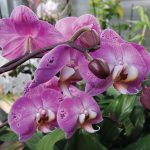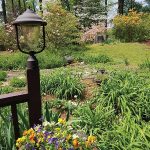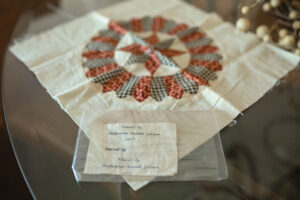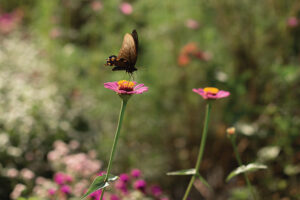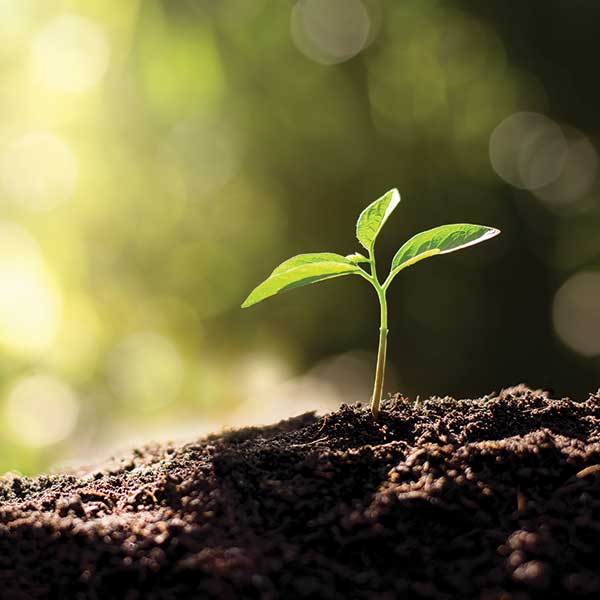
By Leigh Pritchett
Photos by Graham Hadley
As anyone who has ever tried to grow a plant knows, there is a science to it.
Local experts offer the following advice for creating and maintaining attractive landscapes and successful vegetable gardens.
The first three tips are so crucial that, together, they determine whether a plant will live through the first year.
Do not assume the soil is good. St. Clair County soil may contain clay or be compacted. Topsoil, compost and a supplement specific to that plant are likely to be necessary. (For soil-testing supplies and direction, check with St. Clair’s Alabama Cooperative Extension Service office, St. Clair County Soil and Water Conservation or St. Clair Farmer’s Cooperative.)
Be mindful of moisture requirements. Each week, plants need at least one inch of moisture that soaks down to the roots. If a plant dries out completely one time, it dies. Overwatering is just as detrimental as underwatering.
Place the plant in a hole that is neither too large nor too small.
Bury the plant to the same soil line as it had in the container from which it came. As a general rule, it is better to have the plant a little above the soil line than too deep into the soil.
Choose plants that are right for the climate zone. St. Clair County falls within zone “7” and “7B” of the climate map for plants. Plants acclimated to one zone might not thrive long in another. For example, a West Coast plant is not likely to survive in the South.
Select a plant that, at maturity, will fit the space allotted for it.
Choose a plant that is right for the amount of sunshine or shade it will experience. A plant meant for shade will not do well in direct sunlight and vice versa.
Distance plants from the house or building. When the plant matures, the homeowner should be able to walk between it and the house.
Replace bark or straw regularly. Bark lasts two to three years. Straw breaks down quickly and has to be replaced twice a year. Other possible “mulches” include shale, pea gravel, river rock and brick pieces.
Use weed barrier cloth and pre-emerge herbicide to prevent growth of weeds and germination of unwanted seeds. Weed barrier cloth and pre-emerge herbicide are especially needed with rock-type mulches.
Research how to cultivate and harvest vegetables and herbs. Successful vegetable gardening comes with knowledge and experience. It may take years to develop the expertise and to discern what grows best in the garden area.
Purchase plants from a nursery or garden center. Employees of nurseries and garden centers are knowledgeable about plants, trees, herbicides, insecticides and fungicides and can give advice on landscape issues and plant deficiencies. The information they provide is specific to the climate zone in which the homeowner lives. Nurseries and garden centers offer a large selection of trees, plants, fertilizers, supplements, bulk materials (mulch, sand, gravel etc.), statuary and decorative stones for pathways and hardscapes.
Understand that plants new to the market come with limited information. New plants are studied only three years before they are put on the market. Therefore, their growth potential beyond that may not be known initially, and they might outgrow the space allowed for them.
Buy mulch and other bulk material by the truckload. Buying by the bag is more expensive.
Periodically inspect plants and trees in the yard to see if they remain healthy. Lichens growing on a plant, for instance, can indicate poor health.
Learn how and when to prune each kind of plant. (Pruning a crape myrtle too severely is called “crape murder!”)
Editor’s Note: Sources for this story were Crawford Nursery, Odenville; Hazelwood’s Greenhouses and Nursery, Pell City; Landscapes by Shelly, Pell City; Warren Family Garden Center and Nursery, Moody.











